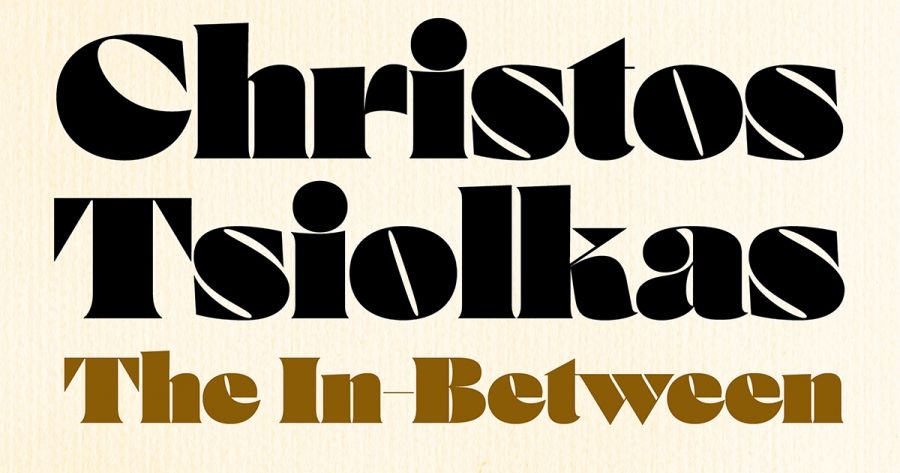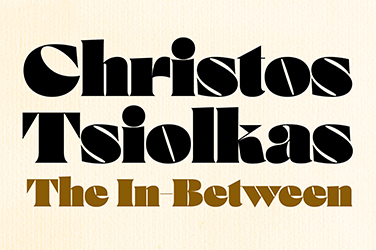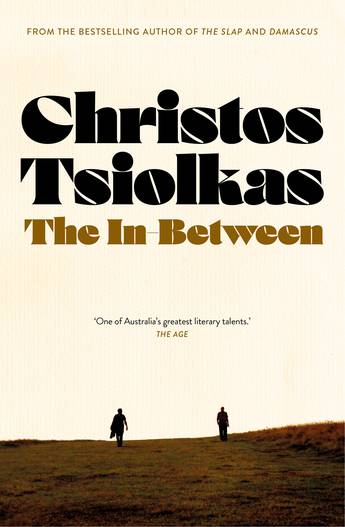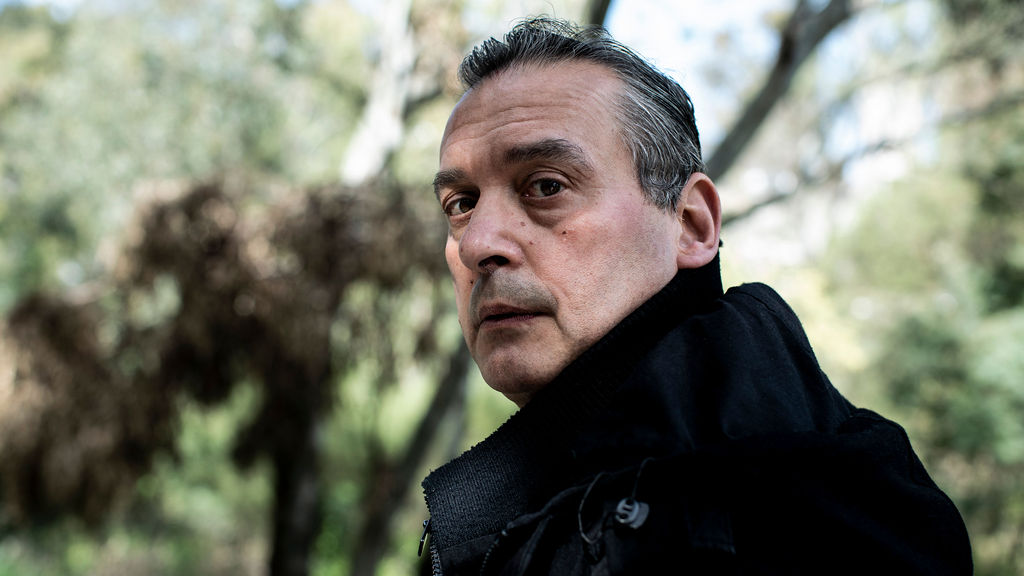
- Free Article: No
- Contents Category: Fiction
- Review Article: Yes
- Article Title: To share breath
- Article Subtitle: Christos Tsiolkas’s tangy new novel
- Online Only: No
- Custom Highlight Text:
When the London theatres closed due to plague in the late 1590s, a still-young William Shakespeare composed and published ‘Venus and Adonis’, a poem about unrequited love, lust, and devotion to beauty. Shakespeare evokes a desire to touch, to kiss, to smell, to taste, to share breath. Christos Tsiolkas’s book 7½ (2021), written and published under similar circumstances, embodies some of this Shakespearean spirit, but his conception of beauty extends to a fuller range of sensual experience, accommodating everything that is human and alive – the stench as well as the perfume – while rejecting whatever seeks to diminish beauty and liveliness. It is the work of a writer who is in love with this world, despite its cruelties. The In-Between mirrors and extends that sensibility.
- Article Hero Image (920px wide):
- Article Hero Image Caption: Christos Tsiolkas (Sarah Enticknap via Allen & Unwin)
- Featured Image (400px * 250px):

- Alt Tag (Featured Image): Shannon Burns reviews 'The In-Between' by Christos Tsiolkas
- Book 1 Title: The In-Between
- Book 1 Biblio: Allen & Unwin, $32.99 pb, 392 pp
- Book 1 Cover Small (400 x 600):

- Book 1 Cover (800 x 1200):

Ivan has a Serbian background, and Perry is the child of two Greek migrants. Both are middle-aged. We first see Ivan through Perry’s eyes. He is ‘attractive, almost brutally handsome’ and has a seductive voice, ‘with a rolling cadence to his speech that elongated his vowels’. Perry – a well-educated, Australian-born cosmopolitan who lived in France for many years – is charmed by Ivan’s use of ‘the almost old-fashioned word mate’. Ivan appears ‘firmly masculine’, his voice a baritone, his accent ‘ocker’, and his body exhibits the strength and coarseness of a working man. He is, in these and many other ways, unlike Perry’s former lover, an older French classicist, and a lot like the kind of man with ‘rough hands’ that the Tsiolkas of 7½ finds most trustworthy and desirable.
Their date begins with remarkable openness and sincerity. Perry tells Ivan ‘I don’t want to be lonely ... I want to find someone to share my life with.’ The confession hangs in the air for twenty pages, until Ivan reciprocates: ‘I’m lonely too.’ This is a startling way to begin a romance. No posturing, no pretence of thriving, no fear of the repulsion that arises from pity.
Each section of The In-Between follows the point of view of one of three protagonists, with occasional shifts into the perspective of well-rounded minor characters who cross paths with the protagonists and observe them as marginal figures in their own experience. This strategy gives the impression that the primary narrative is embedded in a world populated with stories of equal significance, that Tsiolkas could train his attention on any passer-by and work the material into something substantial. His Melbourne is richly peopled, and an alert eye discovers its liveliness.
As always, Tsiolkas anchors his characters in the physical world. After their first night together (the date goes well), Perry ‘walks quietly to the toilet, his bladder almost painfully bloated, his stomach all growls and rumbles’, before we hear ‘[t]he sound of his pissing, two whistling farts and then the shudder and release of his bowels ...’ On his return to the bedroom, ‘Perry stands silent, listening to the deep wheeze of Ivan’s snores, inhaling that strong perfume, carnal and animal, the blatant odorous pungency of a man.’ Even the minor characters are imbued with potent physicality. A young woman watches Ivan walk to church in the morning, contemplates generational inequality, then ‘belches, and then farts, all of the night’s toxins rising. She rushes to the toilet.’
These embodied descriptions blend seamlessly into the erotic, as when Perry recalls oral sex with Ivan: ‘It was exhilarating, the taste and the odours, the hint of urine along the silken glands.’ Lust and sex are constants in The In-Between, but the lover’s kiss is closer to the novel’s core. This is signalled in the first explicit descriptions of sex:
Yet he always returned to the kiss, as if it were a resuscitating force ... They had taken turns sucking each other off; returning to the kiss, Perry smelt the sour-milk stink of his cock on Ivan’s lips. That too was rejuvenating, the smells of another body, the coarse sting of Ivan’s armpits, the saline bitterness that dampened his skin.
They speak ‘pornographic words’ to each other, and Tsiolkas is at home in the phrasing of erotic fiction as much as that of emotional complexity. Later in the novel – after years together – Ivan echoes Perry’s sentiment: ‘All he longs for is that kiss.’
Times passes. Perry and Ivan make room in their lives for each other. They are changed by their relationship, renewed, but Ivan has a secret that he is too frightened to share. He fears that the people he loves will be repelled by it, as he is, and this fear prevents fuller connections. Tsiolkas tends to grant his characters taboo thoughts and desires – it is, implicitly, a significant part of human experience – but some go further and commit monstrous acts. Those same characters typically exhibit real virtues, which leaves them brimming with human possibility. Ivan is an exemplary version of this fullness, a compelling creation.
As with Tsiolkas’s previous fiction, The In-Between invites us to accommodate the idea that the sacred sits on a borderland near the erotic and they can merge together in unsettling ways. Sensuality is a crucial element, as is eroticism. Passions are celebrated but there is a hierarchy: rage occupies a subordinate position while resentment and bitterness are reviled; they are a kind of soul-ugliness that poisons everything. The capacity for wonder, joy, and loyalty, the perception of beauty and the celebration of vitality are all higher virtues. Fear is only human – and there is beauty in all vulnerability – but it’s also stunting, and the courage to cast fear aside and plunge into unknown, risky territories is essential. The In-Between stages all of this with a typically thrilling combination of tenderness and brutality. It also features a magnificently awkward dinner party, which highlights Tsiolkas’s gift for the comedy of manners, alongside his proclivity for bold provocations. Admirers of his previous fiction will not be disappointed.



Comments powered by CComment